Leading Manufacturer of Premium All-Round PV Solutions
Partnership for Unrivaled Market Growth. Your success is our mission. Get premium PV, expert support, and drive your market share higher, together.
Wholesale Pricing & Premium Quality
Comprehensive Product Range
Access an extensive selection of solar products, covering all your needs from standard solutions to specialized components.
Customization Capabilities
We offer flexible product customization to precisely meet your unique project specifications and design requirements.
Reliable Long-Term Partnership
Count on us for stable, consistent supply and dedicated support, fostering a strong and lasting business relationship.
Global Delivery Network
Benefit from our worldwide shipping capabilities, ensuring efficient and reliable delivery of your orders, no matter where you are.
Energy Storage
solar energy panel suppliers
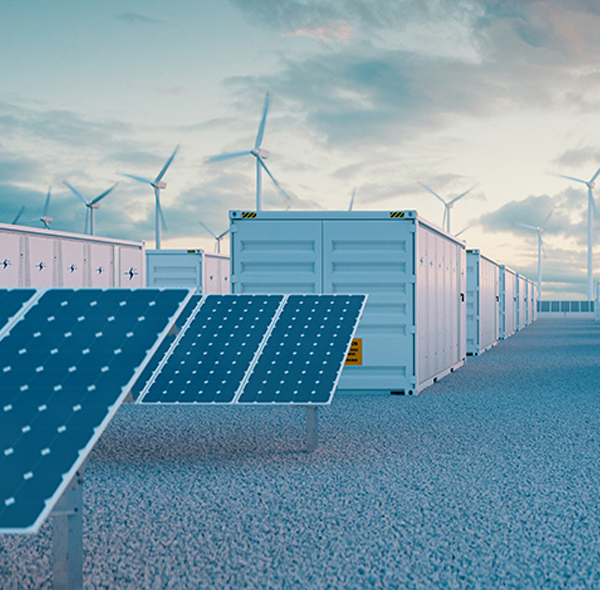
Industrial & Commercial Energy Storage System
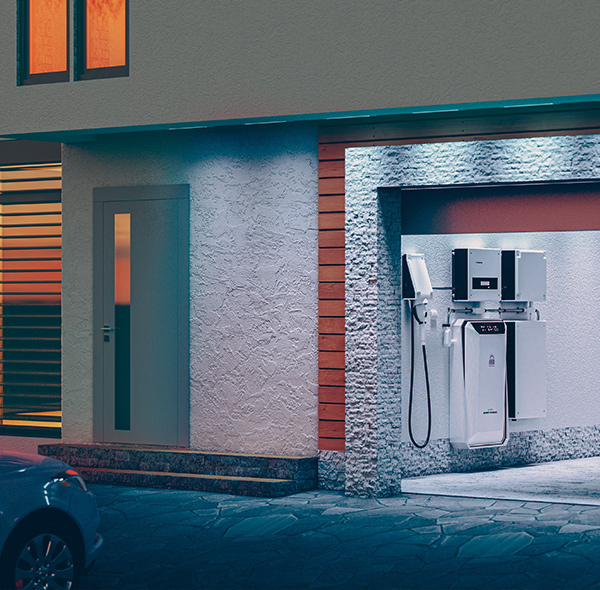
Residential & Home Battery Storage System
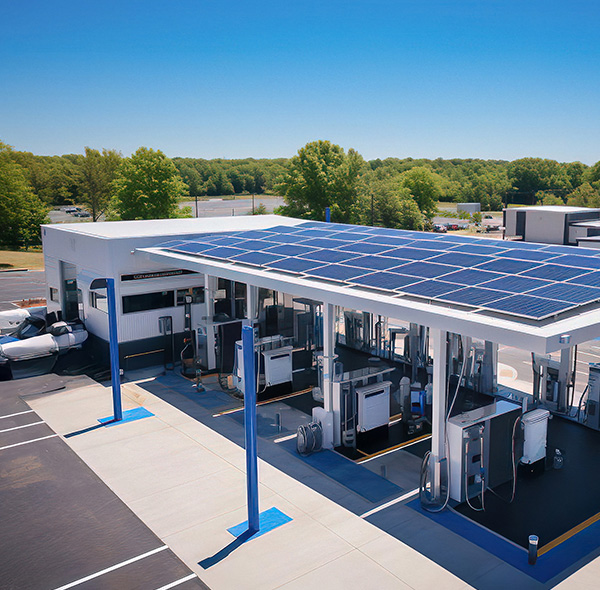
PV, Storage, and Charging Integrated System
Why choose us
Charging and energy storage supplier
JXCT New Energy is a brand of photovoltaic energy storage systems. Since its establishment, the company has always focused on the research and development, manufacturing and integration services of energy storage systems, photovoltaic off-grid energy storage, charging infrastructure, inverters, photovoltaic modules and lithium battery packs. Through the layout of the entire industrial chain, it provides “product-system-solution-platform” full-link one-stop energy storage solutions for industrial, commercial, household and public fields, striving to achieve the ultimate safety and value creation of energy storage systems.
Reliable ESS Solutions Provider
Scalable, Safe & Smart Storage

Cutting-Edge R&D System
World-class battery experts, innovative designs, and relentless R&D investment.

Robust Supply Chain Network
10+ years of partnerships with top-tier global suppliers for stable, high-quality components.
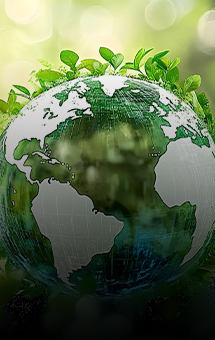
Global Technical Support
30+ local offices and overseas hubs ensure prompt, professional service worldwide.
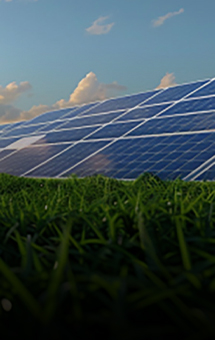
Rigorous Quality Control
End-to-end quality management for energy storage, solar, and charging solutions you can trust.